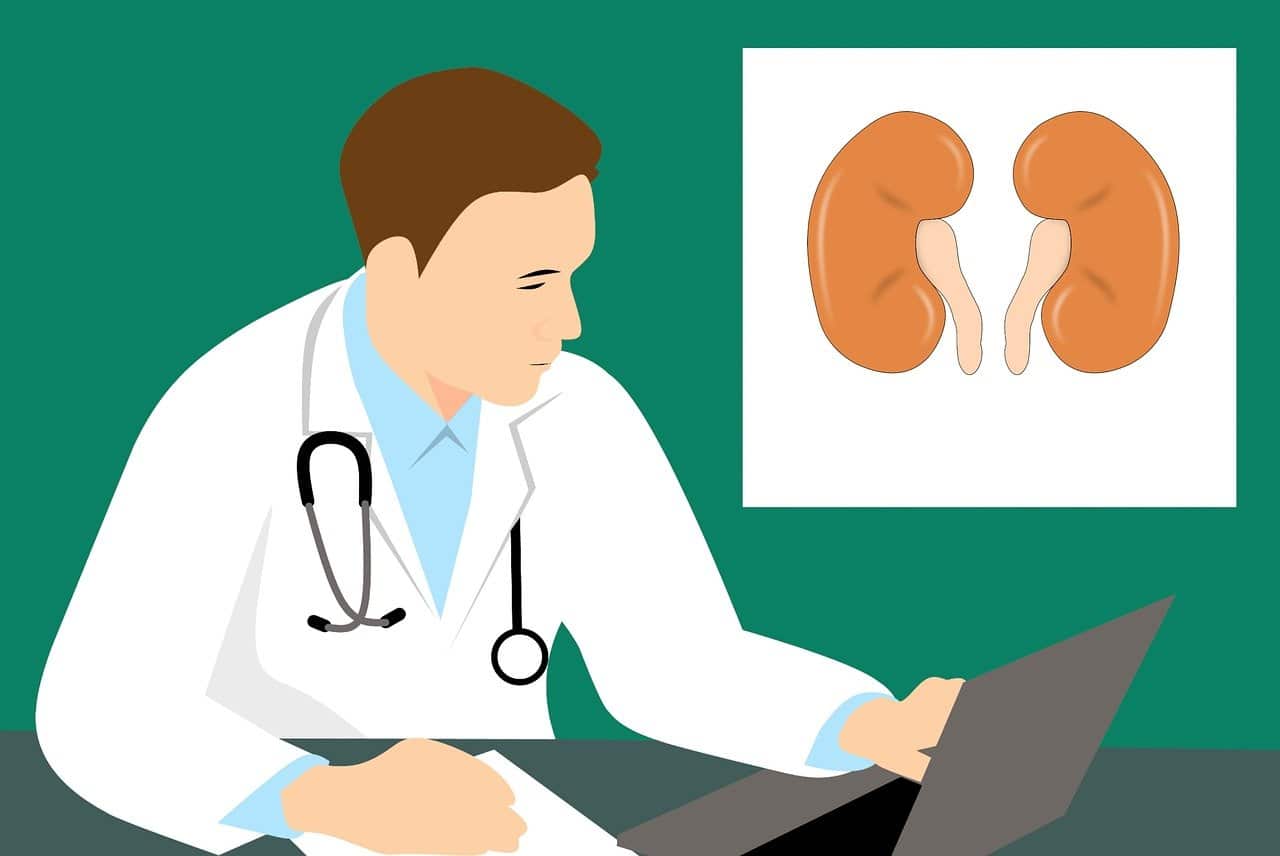
The inability to control urination is called enuresis.
Enuresis is the inability to control urination . This disorder appears when the subject exceeds the normal age at which humans manage to avoid incontinence and, nevertheless, continues to urinate on themselves. Experts place this age between four and five years. This means that children under four years of age do not suffer from enuresis, since it is normal for them not to control urination. On the other hand, from the age of five, involuntary urination is a sign of enuresis.
This disorder can occur during the day, when the child is awake, or even at night ( nocturnal enuresis ). Enuresis usually disappears before the age of ten, although it can continue into adulthood in certain rare cases. Most of the time, enuresis is caused by trauma or a psychological problem . Only in rare cases is a physical cause detected, such as a spinal cord injury , a urinary infection or a congenital malformation.
Nocturnal enuresis
Nocturnal enuresis is diagnosed in patients who have no problems controlling their sphincters during the day (incontinence). It is said that 1 to 2% of adults who suffered from enuresis as children continue to wet the bed in later life .
An interesting fact is that nowadays we no longer talk about nocturnal enuresis, as there is a new standardization carried out by the ICCS ( International Continence Society in Children ) which indicates that it is unnecessary to add the word nocturnal, since this disease does not leave room for urine loss during the day.
According to this new definition, enuresis is a form of incontinence characterized by the involuntary emission of urine during resting hours .

Although it usually has a psychological cause, sometimes enuresis is caused by a physical problem.
Classification according to type
Enuresis can be primary (when the child has never controlled his urine during sleep) and secondary (when, even after having learned not to wet the bed, he starts doing it again). In the first, the predominant external factors are genetic and hereditary, and in the second, psychological and emotional.
It is also important to note that children who suffer from enuresis rest less well than those who do not suffer from it. Their sleep patterns are altered and they show a reduction in the number of hours they sleep at a time, which has negative consequences for their relationships with family and friends and poor academic performance.
Enuresis and urination
In order to really understand what enuresis is, it can be very helpful to explain the reasons why we urinate . To retain urine, the bladder has two sphincters that control its exit. One of them is internal and remains closed until the bladder is full, then it opens and lets the urine pass; at this moment the external sphincter comes into operation, which acts voluntarily when we have the desire to urinate. By contracting the abdominal muscles we can prevent the urine from coming out and by relaxing them we eliminate the liquid. Both sphincters are controlled by the neurological center of the brain that we all have. When we are children we learn to manage the exit of urine through the sensation of wanting to go to the bathroom (when the bladder is full) and by learning to control the sphincters. It is necessary to clarify that in this process the child first learns to control poop, later pee during the day, and finally urine at night.
According to studies, when our bladder is full, we produce a substance that helps us retain fluids (a greater amount of this substance is produced at night to avoid accidents while we are asleep); however, people who suffer from enuresis produce low levels of this substance at night and therefore are unable to retain fluids . Although this could be one of the physical causes that influences the development of this disease , it is known that this deficiency is compensated by hereditary factors (ancestors who have suffered from enuresis) and psychological problems.
The treatment
Mentally, people who suffer from enuresis suffer a lot , especially because in many cases they have to endure humiliation from their peers (if they have siblings); for many, accepting the problem is practically impossible, they cannot talk about it because they are too embarrassed ; some are afraid of urinating outside the home and avoid going to their friends' houses or participating in excursions.
When it comes to the family of a child with bedwetting, it goes without saying that giving him punishment or challenges will only make things worse . The child is not to blame for what is happening to him and subjecting him to stressful or pressured situations will probably generate a high level of anxiety that will intensify the losses. One way to help the child is to wake him up during the night and take him to the bathroom . This will improve his self-esteem and help him understand that he is not alone. Although this will not stop the bedwetting, it can be a source of confidence that helps the child's psyche.
In most cases, enuresis resolves spontaneously , however when it does not, it may be essential for the child's emotional and physical health to consult a specialist.
Medical treatment for bedwetting may include giving the child drugs that affect the patient's mood and increase the size of the bladder so that it can hold urine more easily. A device may also be fitted to the child so that when a high level of humidity is registered, an alarm sounds to warn the child to go to the bathroom or stop urinating.
The doctor may also suggest adopting habits that help prevent bedwetting at night, such as not drinking liquids before bedtime or doing exercises to improve sphincter control.
The evaluation of enuresis
However, before deciding on any of these methods, it is necessary to carry out a thorough evaluation of the child's situation and determine a diagnosis that will allow one or another measure to be adopted to solve the problem.
It is not known for certain from what age this problem can be considered a pathological disorder , since according to different ideas, specialists lean towards one or another period of growth. Above all, it is very difficult to decide on an age given the influencing factors: environmental, hereditary, social, educational, psychological and family . For this reason, it can be considered a similar disorder in a child of four or six years, depending on the reality in which he or she is immersed.
